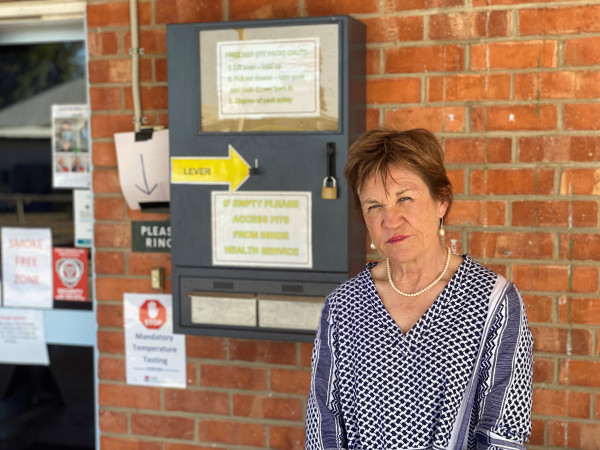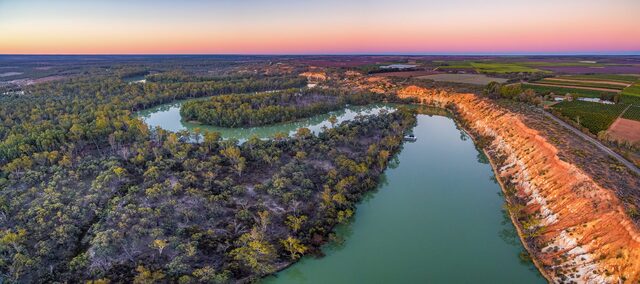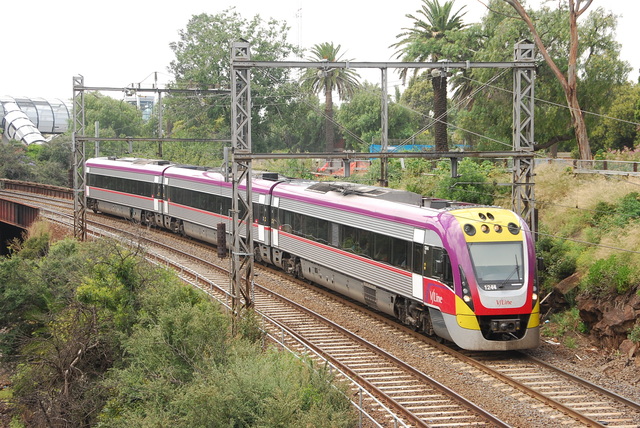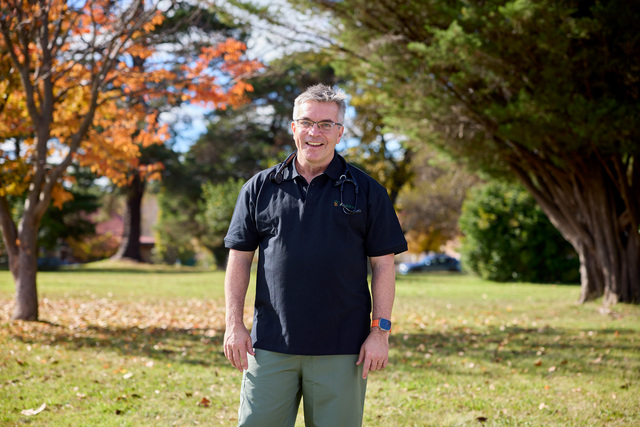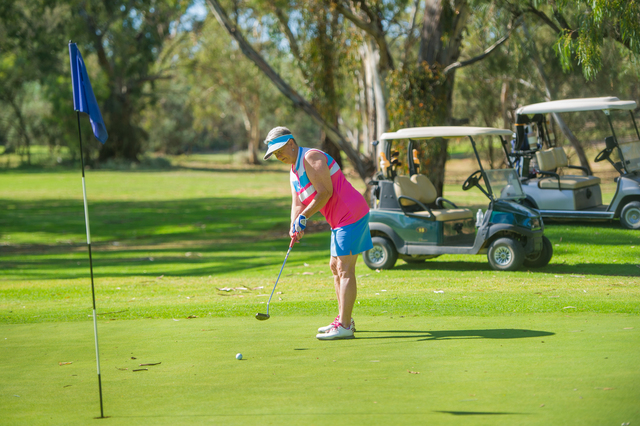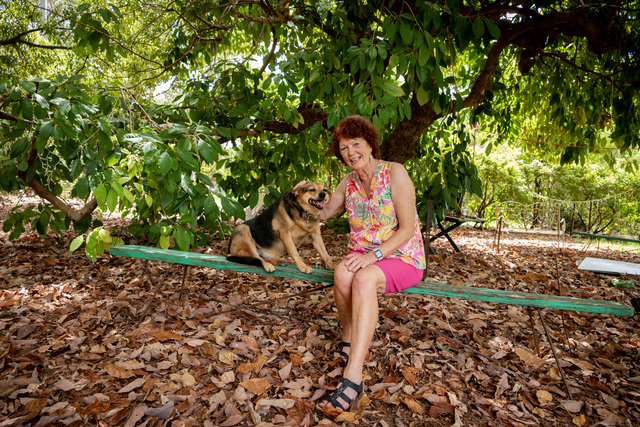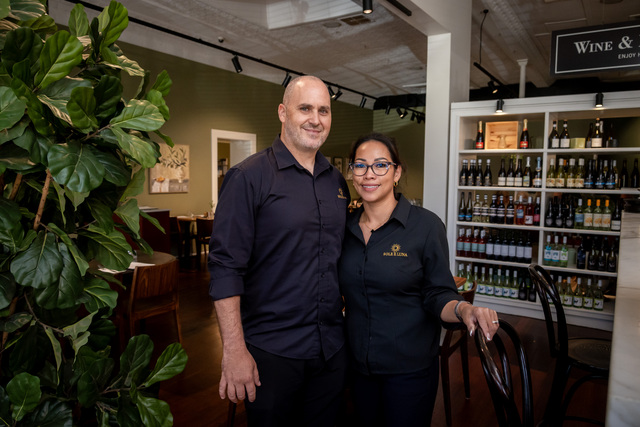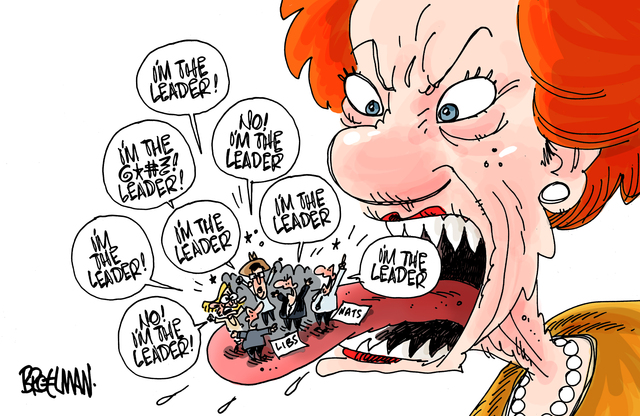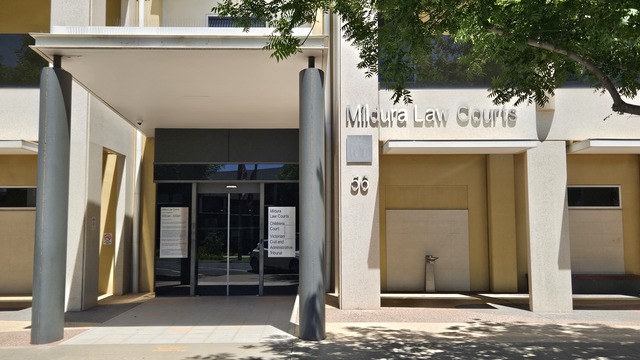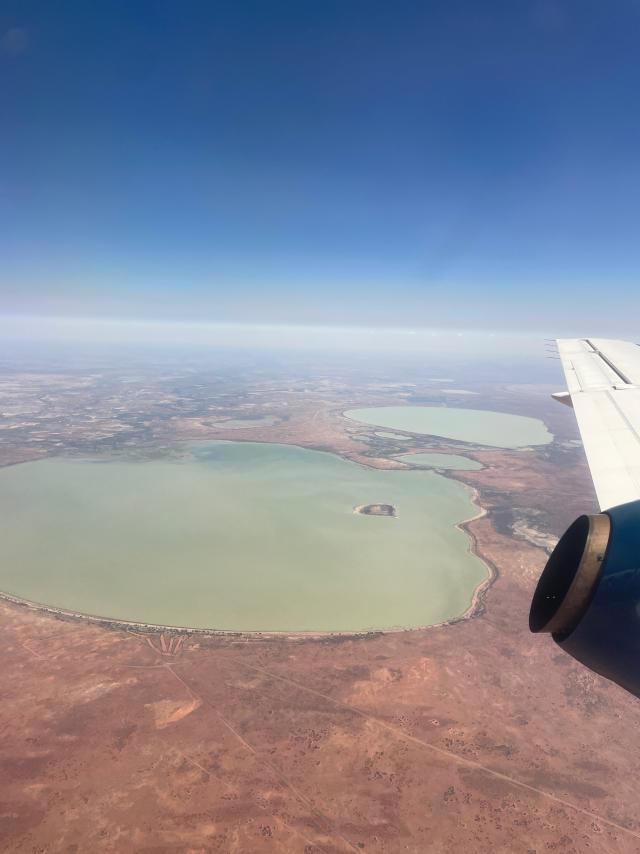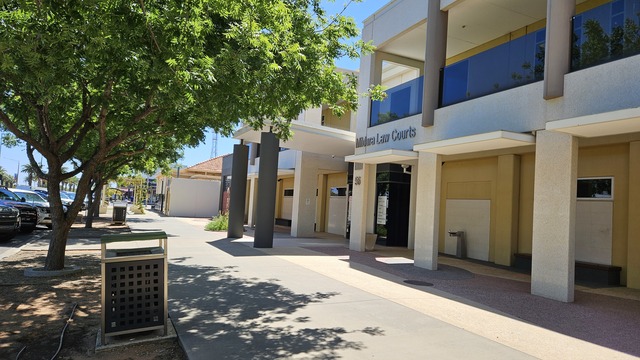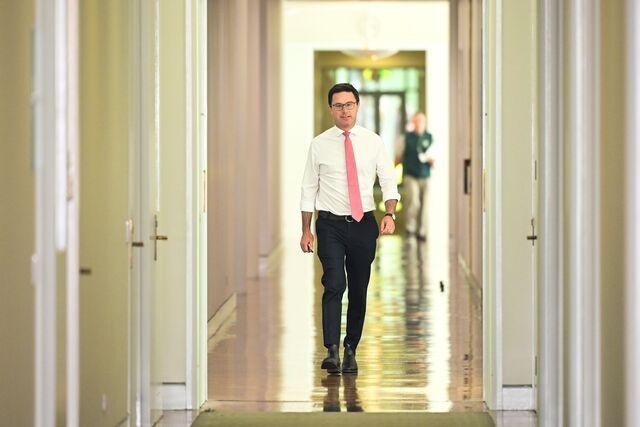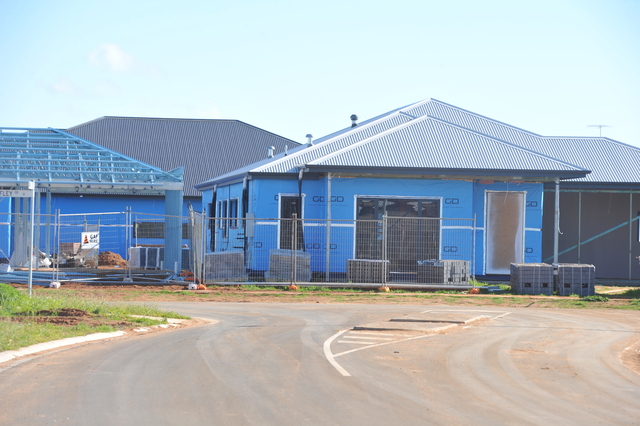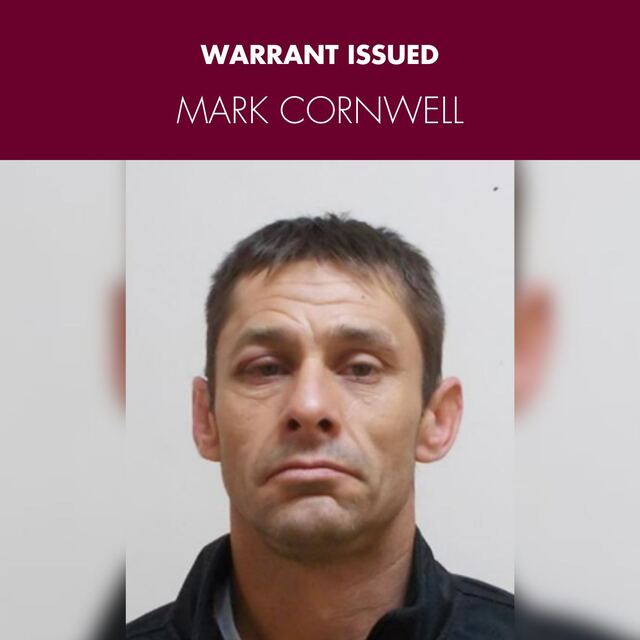DOCTORS are urging rural communities to be on high alert against COVID-19 and Member for Murray Helen Dalton called on the NSW Government to enforce checks on travellers as NSW reported 390 new locally acquired cases on Friday.
At least 58 of Friday’s cases were circulating in the community for all or part of their infectious period.
Mrs Dalton wrote to the NSW Health Minister on Friday requesting restrictions and checks on people travelling from Sydney to regional locations.
“While residents of Wentworth require a permit to travel a few kilometres to Mildura, there are no such requirements for Sydney residents travelling from COVID-19 hotspots to regional NSW,” Mrs Dalton said
“This is an incredible double standard.
“There are still regular flights from Sydney to regional airports – mostly carrying essential workers or residents returning home.
“Passengers are not required to prove they are COVID-19 free when the board their plane in Sydney, nor when they disembark.
“This creates the risk that COVID-19 may spread into regional NSW, where we have inadequate health services to deal with an outbreak.”
The Murray MP has proposed a new Public Health Order requiring all road and air passengers to present a negative COVID-19 test result from the previous 72 hours before travelling.
Dr John Hall, President of the Rural Doctors Association of Australia (RDAA) said that with the spread of the Delta strain across rural NSW, communities needed to be prepared for an outbreak.
“We know it is on the way, so please, wear your masks, check in to every venue, sanitise your hands, stay home when required, and book in for your vaccination,” Dr Hall said.
“We are experiencing an imminent threat to our health security and we need to be on the highest alert.
RDAA holds concerns about the risk to rural medical services should COVID gain a foothold in smaller rural communities, and so are also asking patients to be extra-cautious when visiting their doctor or local hospital.
“Rural towns have smaller medical workforce numbers,” Dr Hall said.
“Should a site get exposed, even without anyone contracting COVID, closing them for a deep clean or quarantine period can have serious implications for the medical care then available to the community.
“Worse, if the healthcare team gets unknowingly exposed to the virus, contracting and spreading it through the staff at the hospital or general practice, this puts both staff and patients at severe risk if illness or death, and could result in the closure of the service until the quarantine period has passed.
“Many rural doctors, nurses and other health care practitioners are older and in the higher risk categories should they catch the disease.
“Not all of them have been able to access the vaccine they need to protect themselves, through no fault of their own.
“Please don’t turn up to a medical facility if you have any COVID-like symptoms. Ring ahead and give the staff time to put the necessary precautions in place,” Dr Hall said.

